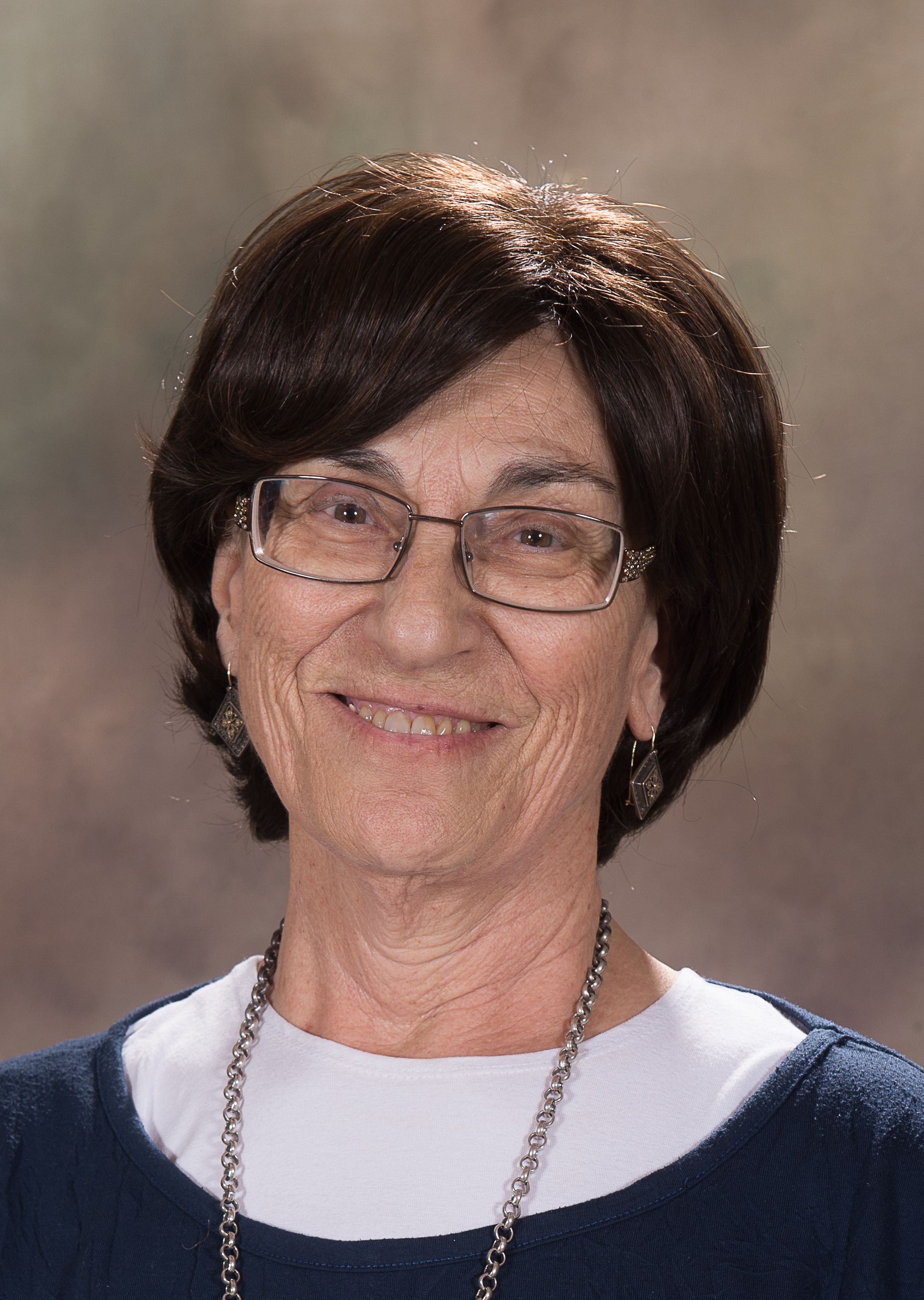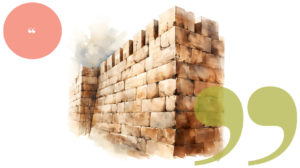PATHWAYS THROUGH THE PARSHAH: VAYEITZEI

Sometimes, even being in second (or third or fourth) place is also vital to the health of the enterprise. Not everyone can stand on center stage. (It would get too crowded!)
Vayetze Yaakov miBeer Sheva vayeilech Charana, And Yaakov left Beer Sheva and went to Charan. Such simple words! Even a second-grade child can manage them with no difficulty. But this long, twenty-year saga at the house of Lavan is replete with torturous paths, and is seminal to the birth of the Jewish nation. It is here that Yaakov lays the foundations for the House of Israel.
He marries Leah and Rachel (in the wrong order!) and their two handmaidens (their half-sisters), and fathers eleven sons. (Binyamin, of course, would be born in Eretz Yisrael.) Although second to be married, Rachel was the prominent and chosen wife, and remained, until her death, the most beloved. She is considered the Mother of the Twelve Tribes of Israel.
The Torah touches upon many basic human emotions in this saga of the two sisters. Love, hatred, jealousy, sorrow, gratitude. How do we deal with them?
Out of a feeling of love, responsibility, and the desire not to see her sister humiliated, Rachel was willing to give Leah her place at the chuppah. Her nobility and willingness to sacrifice is the symbol and motif of her righteousness throughout the ages. But what happened in this family as a result of this "switching places," this act of righteousness?
The Torah tells us that Yaakov continued to love Rachel more than Leah; that Hashem saw that Leah was "hated"; that Rachel grew jealous of her sister's childbearing while she herself remained childless. An entire section is devoted to the strange episode of Leah's dudaim, jasmine, and who would have the privilege of spending the night in Yaakov's tent.
And look at the names given to the tribes. Since they had no illustrious grandfathers to name their children after, Rachel and Leah gave names which expressed their own subjective experiences. Leah's first son is called Reuven because, "Hashem saw (ra'ah) my misery; now my husband will love me."
Her second son is Shimon for "Hashem heard (shama) that I am hated so He gave me this one, too." Her third is Levi (y'laveh) for "now my husband will grow attached to me because I have borne him three sons."
The names given to these first three sons are an expression not so much of undiluted joy, but of consolation. Only with the birth of her fourth son, Yehudah, does she choose a name which is a pure expression of gratitude without any accompanying explanations. "This time," she says, "I will praise Hashem." Surely our hearts go out to Leah.
Yet Rachel is also in a dilemma. When she finally gives birth to her first son, she calls him Yosef for "Hashem has gathered up (asaf) and taken away my shame." Then she adds, "G-d will grant (yosif) me an additional son."
This name expresses gratitude and relief, but like the names Leah gave, it also contains remnants of suffering and pain.
Sometimes, with the very best of intentions and with impeccable behavior, we still find ourselves on the wrong side, or, in Leah's case, on the hard side of the tracks. The question is, how do we react? With hatred, bile, despair, apathy, aggression? Do we seethe and seek revenge? Do we wallow in self pity?
Or do we accept the Heavenly decree? And if so, how? With sagging shoulders and a beaten, "there's nothing I can do about it" attitude? Or with true bitachon, knowing that if this is what is happening and there is truly no positive way to change things, then this must be the way G-d wants things to be. Do we say gam zu latova and really mean what we say?
For many reasons, women are often in a much more vulnerable position than men. Yet they also possess great strengths which often surprise even themselves! Leah lived a life as the second, perhaps less-prestigious, less-loved wife of Yaakov. But nowhere do we hear her lash out, revolt, turn ugly, or aggressive. Her trials and sorrow were echoed in the names she gave her children. She accepted her lot, understanding that she, too, had a major part to play in the Jewish nation, even if she was not the "main" mother and wife in the drama. Sometimes, even being in second (or third or fourth) place is also vital to the health of the enterprise. Not everyone can stand on center stage. (It would get too crowded!)
We all know women (men, too!) who could justifiably complain and object to their lot, yet purposefully choose not to do so. Despite what contemporary culture tells us, they are not unfortunate nebachs. Perhaps they are the ones who truly understand that if Hashem has presented us with a challenge, it is our duty to rise to meet it. And just as Hashem deals with us with great forbearance, so too should we deal with others: with patience, restraint, and understanding.
Leah's reward for accepting her lot and fulfilling her responsibilities was to become the mother of both the future Royal House of Israel and the Priestly Tribe of Levi. Surely that is reward enough.
(Originally featured in Family First, Issue 17)
Oops! We could not locate your form.








